Amid nationwide protests, on 10th January 2020, the controversial Citizenship Amendment Act came into effect as announced by the Ministry of Home Affairs (MHA). Now that the CAA has come into force, here’s what we know so far.
1. Illegal immigrants essentially from non-muslim communities can now apply for citizenship under the CAA.
Onwards of January 10, 2020 immigrants from Hindu, Jain, Parsi, Sikh, Buddhist, and Christian communities can apply for Indian citizenship. This is open only to immigrants from Pakistan, Bangladesh and Afghanistan.
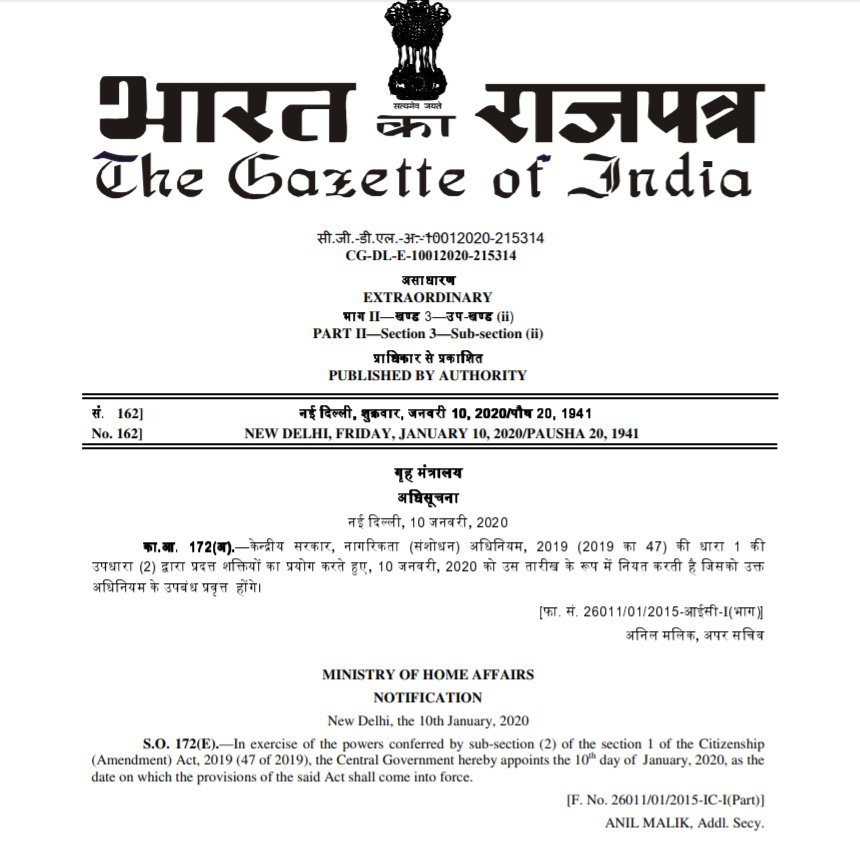
2. There are no Rules in place as yet.
There are two facets of any law — the Act itself and Rules governing the law. As of now the Act has come into effect and has certain provisions under it. However, there is still ambiguity on the Rules that will make the said parent act work.
The MHA has not notified any rules for the CAA just yet. We still do not know what procedure it will follow. As of now, it is still not decided what authorities would take charge of the CAA’s implementation.
The work on framing rules for CAA is on. Every aspect is being carefully examined. But we have not sought any suggestions from any state on how these rules are to be framed. It is not required. Ample consultation has been done before the Act was passed.
-MHA Officials
3. Not all states will implement the act.
The state governments of West Bengal, Kerala, and Punjab have been vehemently against the act, refusing its implementation in the state. Kerala even passed a resolution against it a few weeks ago.

4. UP was the first to implement CAA.
Uttar Pradesh announced the CAA coming into effect a few days earlier, just a week before its nation-wide implementation. This made it the first state to adopt the act, despite violent protests in the state.
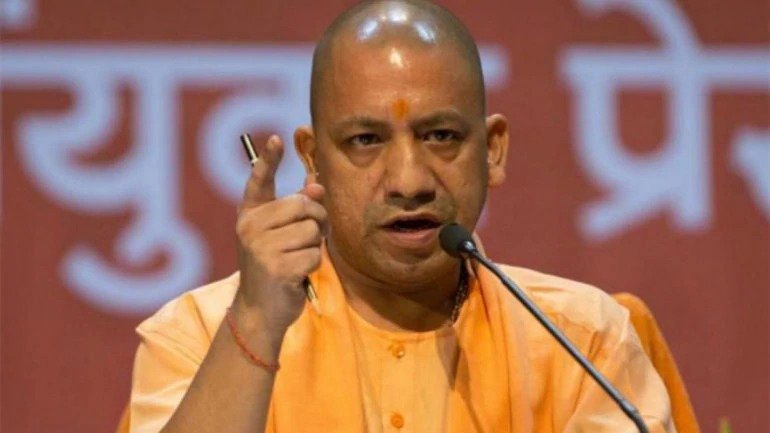
5. A preliminary list of immigrants is currently being compiled in UP.
As per the UP model, the government is in process of compiling a list of every illegal immigrant. This is to supposedly ensure only ‘genuine migrants’ become citizens. Special attention is being given to cities like Lucknow, Hapur, Rampur, Shahjahanpur, Noida and Ghaziabad where there is allegedly a larger population of immigrants.
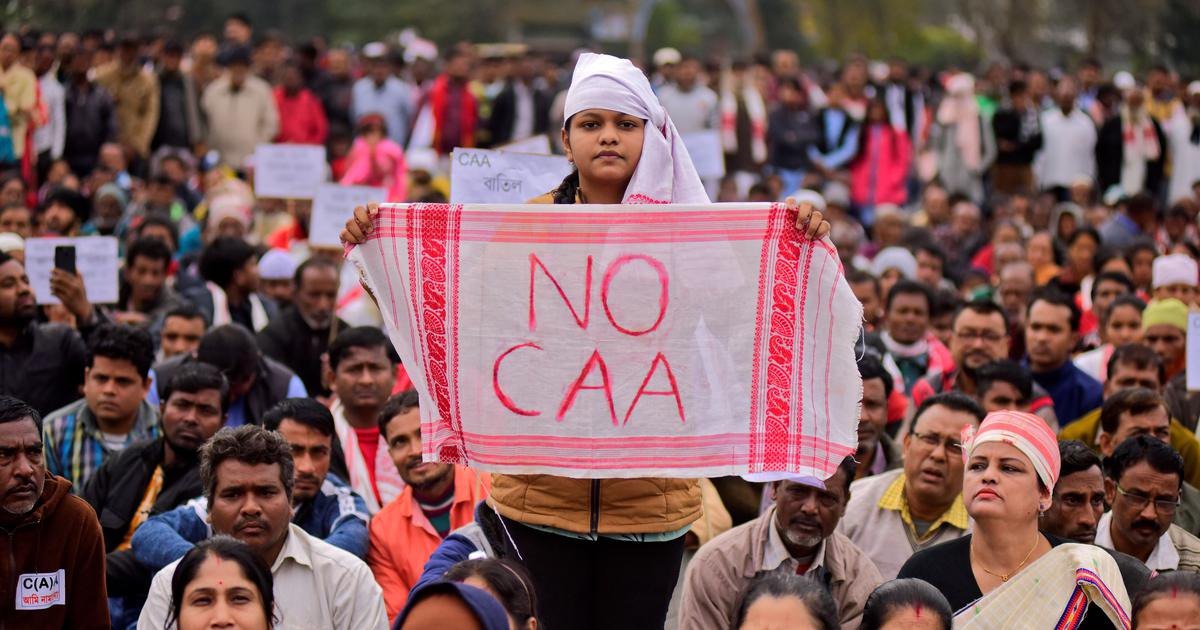
6. The necessary documentation is still unclear.
As of now, the MHA has only specified the cut-off date — 31st December 2014. There is no clarity on what documents are needed (or are needed at all) to be submitted. The MHA has stated, however, that there would be no need to “prove religious persecution”.
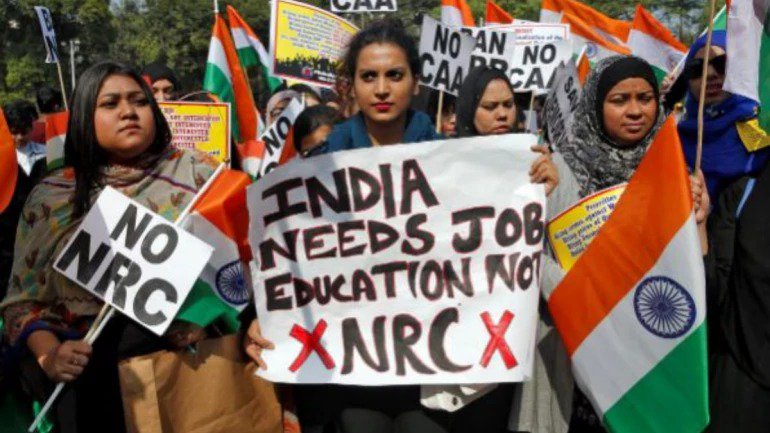
7. Demonstrations against CAA still continue.
Anti-CAA protests are still going on country-wide, despite the announcement on January 10. To name a few, protest rallies have been lined up in Kolkata prior to the PM’s visit and Hyderabad sees a large demonstration.
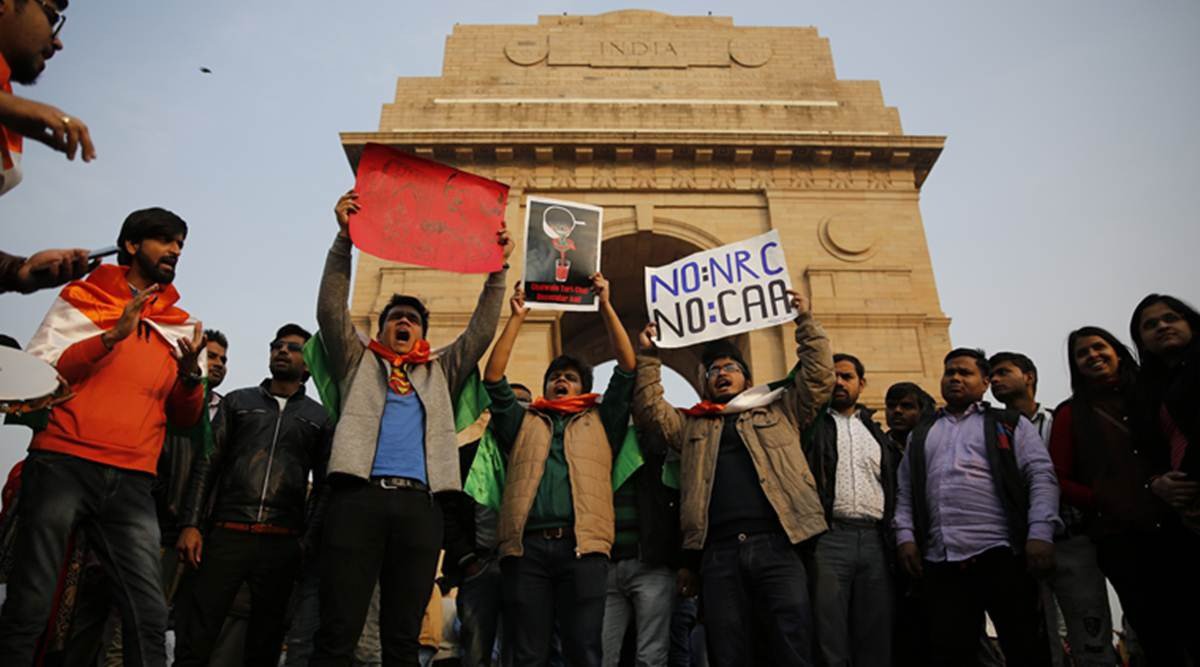
8. There will still be a hearing by the Supreme Court on the validity of the CAA.
The Supreme Court is set to hear the 60 petitions filed against the CAA on January 22. Coincidentally this will be on the same day as the hanging of the 2012 Delhi rape convicts.
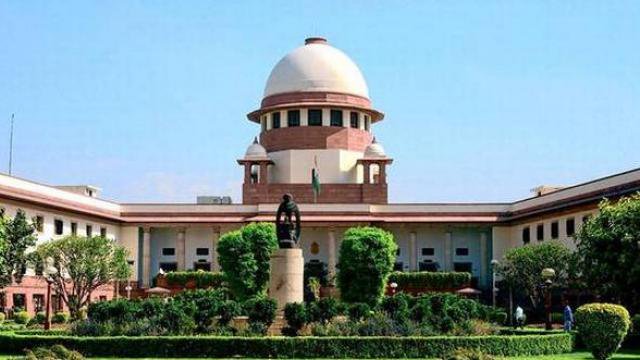
We are of the prima facie view that high courts should hear petitions challenging the CAA and, in case there is a conflict, then we may look into it.
-Supreme Court
9. There is no clarity on the status of these newly formed citizens.
There are no announcements on what status will the newly formed citizens be given. Whether they’ll be getting refugee status or full citizenship is unclear. There is also no statement by the MHA on what will be done to the Muslim immigrants who have been specifically excluded from the CAA guidelines. Whether they’ll be deemed stateless or be given a different status is not clear.

















